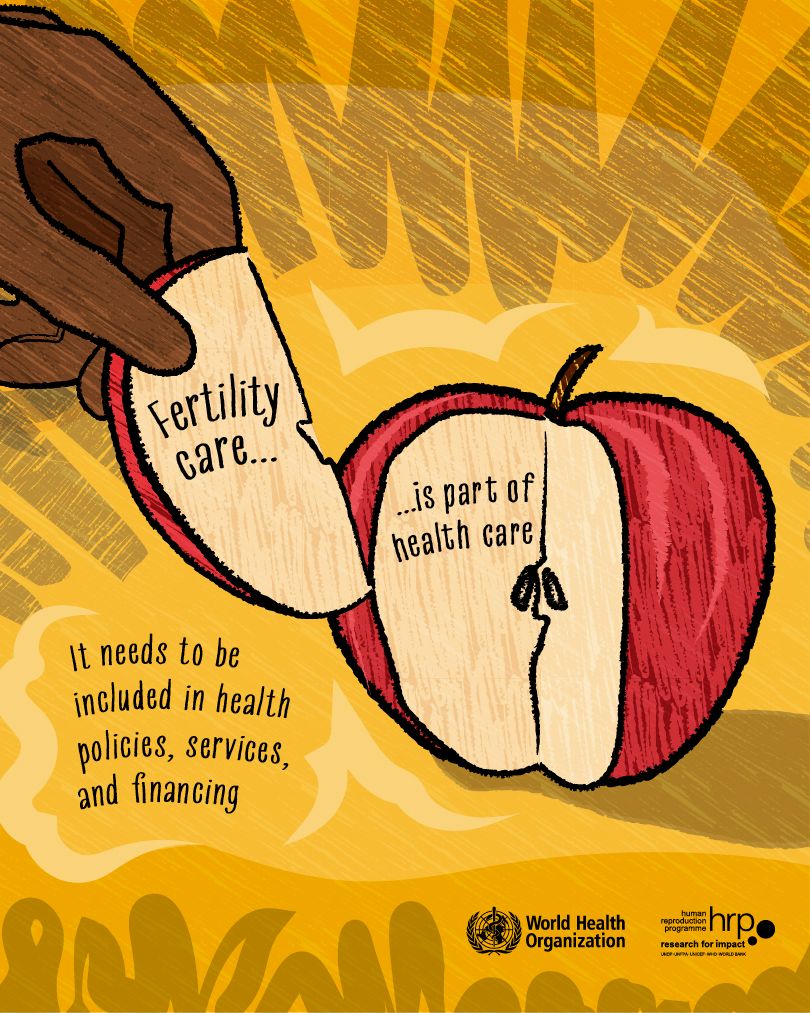The Coalition for Fertility has published a new policy statement on universal access to fertility treatments, reinforcing the urgent need to address involuntary childlessness as a public health and social justice issue. The statement calls on the EU and Member States to ensure that all people who need fertility care can access it equally, regardless of their income, gender identity, sexual orientation, marital status, or other personal characteristics.
Involuntary childlessness affects millions across Europe. Infertility, defined by the World Health Organization as a disease of the reproductive system, impacts 1 in 6 people of reproductive age globally. But infertility is not the only reason people may need access to fertility care. Survivors of cancer, same-sex couples, single individuals, people with disabilities, and many others may require assisted reproduction to extend their family. These needs are recognised in global frameworks, including the 1994 International Conference on Population and Development (ICPD), where 179 governments agreed that access to infertility treatment is a fundamental part of reproductive health.
And yet, in 2024, access remains deeply unequal across Europe. As highlighted in the European Atlas of Fertility Treatment Policies and Fertility Europe's 2023 White Paper, disparities in service provision, discriminatory laws, and lack of legal frameworks persist. Many are left to self-fund treatment—if it’s available at all.
This inequality has serious consequences for people’s health, wellbeing, and lives. Involuntary childlessness is associated with higher rates of depression, anxiety, and reduced quality of life as it can also strain personal and professional relationships.
The Coalition calls for fertility care to be treated as essential healthcare, not an optional or elective service. Equal access must come first—no one should be excluded from care because of who they are or where they live.
To achieve this, governments must:
- Guarantee equal access to safe, effective, and ethical fertility treatments for all who need them, without discrimination.
- Legally regulate fertility care to ensure quality, safety, and clarity for patients and healthcare providers.
- Provide adequate service capacity to prevent long waiting times and regional disparities.
- Ensure public funding of fertility treatments under national health systems. Treating infertility through out-of-pocket payments discriminates against those without financial means.
- Support protected time off and flexible work policies for people undergoing treatment.
- Promote education and public awareness to empower individuals with knowledge about fertility, and train healthcare professionals to detect and refer patients appropriately.
- Establish monitoring mechanisms to track who is receiving care - and who is being left behind.
Our societies must recognise the real and urgent need for fertility care. As the UNFPA’s 2023 State of World Population report emphasises, reproductive autonomy includes the right to choose whether, when, and how many children to have. Ensuring access to fertility treatment is central to this autonomy.
We invite policymakers, healthcare providers, and citizens across Europe to join us in supporting this call. Universal access to fertility care is not just a health issue - it is a matter of fairness, dignity, and reproductive justice.
Download the full policy statement [here – PDF]
Because fertility care is healthcare. And everyone who needs it deserves access.




